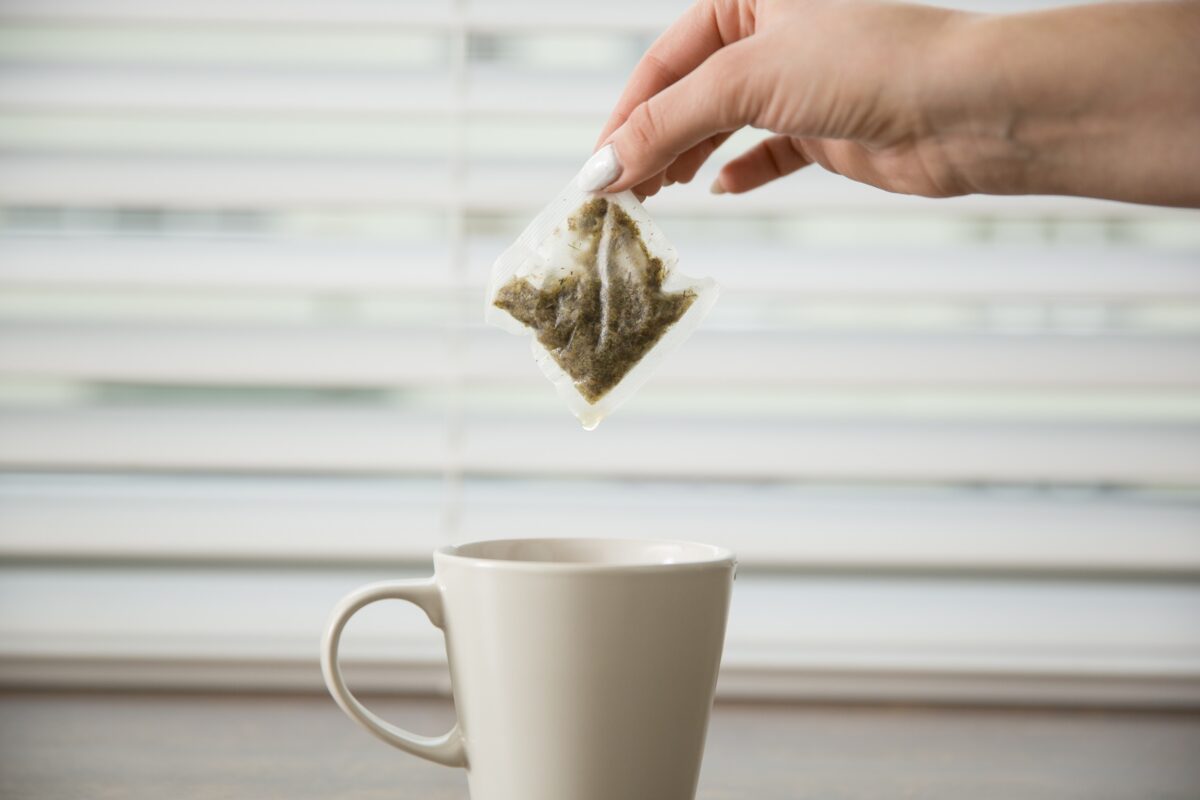Blog
Dental hygiene tips for healthy teeth & gums

Using Tea Bags For Wisdom Teeth Remedy
Most adults undergo wisdom teeth removal and typically experience a smooth recovery. However, some remain concerned about the post-operative phase. During the extraction, the area is numbed, ensuring no pain is felt. However, as the anesthesia wears off, one might experience discomfort, swelling, and occasionally, slight bleeding, which can be distressing.
Dentists commonly place gauze over the surgical site, instructing patients to bite down on it for about 30 minutes. As the numbness recedes, the site can cause pain, increased saliva production, and discomfort. The recovery process can span a week, and applying pressure to the extraction area might induce bleeding, making the recovery phase somewhat challenging.
However, there’s no need to be overly anxious about the recovery. A simple tea bag can mitigate many of these side effects. This article delves into natural remedies, emphasizing the benefits of using a tea bag post-tooth extraction. Our aim is to guide you towards a seamless recovery journey after your procedure.
Use of Tea Bags in Tooth Extraction
While many believe that gauze is the optimal solution to halt bleeding post-tooth extraction, tea bags emerge as an equally effective alternative. They not only help in clot formation but also protect the bone as the wound heals post-extraction.
Research suggests that tea bags, owing to their tannin content and antioxidant properties, serve as an excellent gauze alternative. These properties confer anti-hemorrhaging effects, significantly reducing bleeding. Black tea, in particular, is a recommended option.
Employing tea bags as a substitute for gauze is straightforward. Here’s a simple guide:
- Steep a tea bag (either black or green) in boiling water for two minutes.
- Remove the bag from the water and allow it to cool.
- Once cooled, place the tea bag on the wound.
- Let it sit for approximately five to ten minutes.
- If bleeding persists, it’s imperative to consult your dentist without delay.
Does The Tea Bag Remedy Work?
Positioning a tea bag on the extraction site of a wisdom tooth and biting down can effectively arrest bleeding. While gauze remains a viable option, tea, with its myriad antioxidant properties, also leaves a pleasant aftertaste. Opting for green or black tea over gauze is often preferred.
Post-extraction, it’s advisable to refrain from using straws or excessive spitting, as these actions can exert undue pressure on the surgical site, exacerbating bleeding. It’s crucial to adhere to the dentist’s post-operative guidelines and employ strategies for a swift recovery.
Final Overview
Extracting wisdom teeth is a routine procedure, and most individuals recover without complications. However, on rare occasions, due to unforeseen complications or infections, the recovery can be tumultuous. Symptoms such as pronounced bleeding, intense pain, and an unpleasant aftertaste might manifest. Some might even observe pus formation around the tooth socket, inflammation, and infections, potentially leading to fever, thereby necessitating emergency dental intervention.
Using tea bags post wisdom teeth removal can alleviate inflammation, reduce bleeding, and enhance the oral taste. Natural remedies, like tea bags, are laden with properties that expedite the healing process and alleviate pain in the surgical region. If symptoms become unmanageable, it’s crucial to consult your dentist and seek professional intervention, especially if medications are required to alleviate pain.
At times, wisdom teeth can be obstructive, and their extraction might inadvertently harm the surrounding nerves or tooth roots of adjacent teeth. A dentist can help pinpoint the underlying issue. Tea bags stand out as a straightforward yet potent solution for post-extraction pain relief. While the thought of a tooth extraction can be daunting, with tools like tea bags at your disposal, the recovery process becomes more streamlined and manageable.


